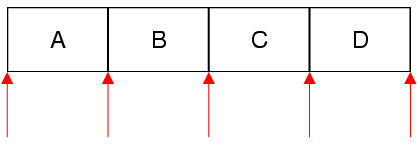 |
Qt 4.8
|
 |
Qt 4.8
|
The QFutureIterator class provides a Java-style const iterator for QFuture. More...
The QFutureIterator class provides a Java-style const iterator for QFuture.
QFuture has both Java-style iterators and STL-style iterators. The Java-style iterators are more high-level and easier to use than the STL-style iterators; on the other hand, they are slightly less efficient.
An alternative to using iterators is to use index positions. Some QFuture member functions take an index as their first parameter, making it possible to access results without using iterators.
QFutureIterator<T> allows you to iterate over a QFuture<T>. Note that there is no mutable iterator for QFuture (unlike the other Java-style iterators).
The QFutureIterator constructor takes a QFuture as its argument. After construction, the iterator is located at the very beginning of the result list (i.e. before the first result). Here's how to iterate over all the results sequentially:
The next() function returns the next result (waiting for it to become available, if necessary) from the future and advances the iterator. Unlike STL-style iterators, Java-style iterators point between results rather than directly at results. The first call to next() advances the iterator to the position between the first and second result, and returns the first result; the second call to next() advances the iterator to the position between the second and third result, and returns the second result; and so on.

Here's how to iterate over the elements in reverse order:
If you want to find all occurrences of a particular value, use findNext() or findPrevious() in a loop.
Multiple iterators can be used on the same future. If the future is modified while a QFutureIterator is active, the QFutureIterator will continue iterating over the original future, ignoring the modified copy.